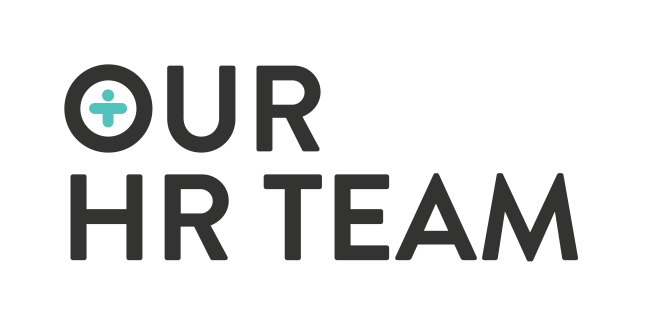By Kerrie Briggs | Senior HR Advisor
Workplace mental health is costing Australian businesses billions of dollars each year – yes, every business needs to do something to address this!
As we finish recent World Mental Health Day celebrations, and with Queensland Mental Health Week now also in full swing, it is pertinent to evaluate the impact on mental health over the past year, with HR Daily recently publishing some sobering findings.
HR Daily recently reported that a study by Hays showed there has been a 21% decline in employees reporting a positive or natural mental health status since the COVID-19 pandemic started, and now almost half (42%) of employees report they are suffering with mental health challenges.
The same report showed that 72% of employers believe they have increased their focus on mental health during the pandemic, yet only 26% of employees agree they have received extra support. Now more than ever, mental health needs to be a priority for all businesses.
Managing and supporting people’s mental health at work is a critical and growing challenge for businesses. Although 71% of employers state that they are making mental health a focus for the next 3-6 months, managing mental health extends far beyond the legal obligations under the Disability Discrimination Act 1992 (Cth), and other state specific legislation.
There are positive business reasons for supporting your employees’ mental health. Positively managing mental health can lead to improved staff morale, improved productivity, and quality of work, as well as positively contribute to organisational culture and strengthen employee loyalty to the business. It is no surprise the benefits can be very real for both the employee and the company’s bottom line.
The need to focus on mental health is only further highlighted by a 2015 report published by Safe Work Australia, finding that the average annual direct cost to workers’ compensation schemes associated with mental disorder claims was $481 million. It stands to reason that these figures would be significantly increased during 2020.
The costs of workplace mental health can be staggering for a business not just in workers’ compensation claims, but in time employees spend away from work. The Safe Work Australia report showed 14.8 weeks was the average time-off work for an employee covered by a workers’ compensation claim, and each year, approximately 7,820 Australian employees submit a workers’ compensation claim as a result of work-related mental health concerns.
Ultimately, the prevailing fact is the aggregate cost of untreated mental health conditions for Australian employers is $10.9 billion every year, through absenteeism, reduced productivity, and compensation claims.
These figures certainly help us to understand the need for positive and inspiring workplaces, in order to improve mental health outcomes. In fact, Headsup.org.au report that with every $1 spent on managing mental health, the return on investment (ROI) is $2.30.
Where should you start as a business owner? Start with setting a positive culture around mental health and help your employees to know that it’s OK to not be OK.
It takes time and commitment and talking to us just may be the best place to start.
